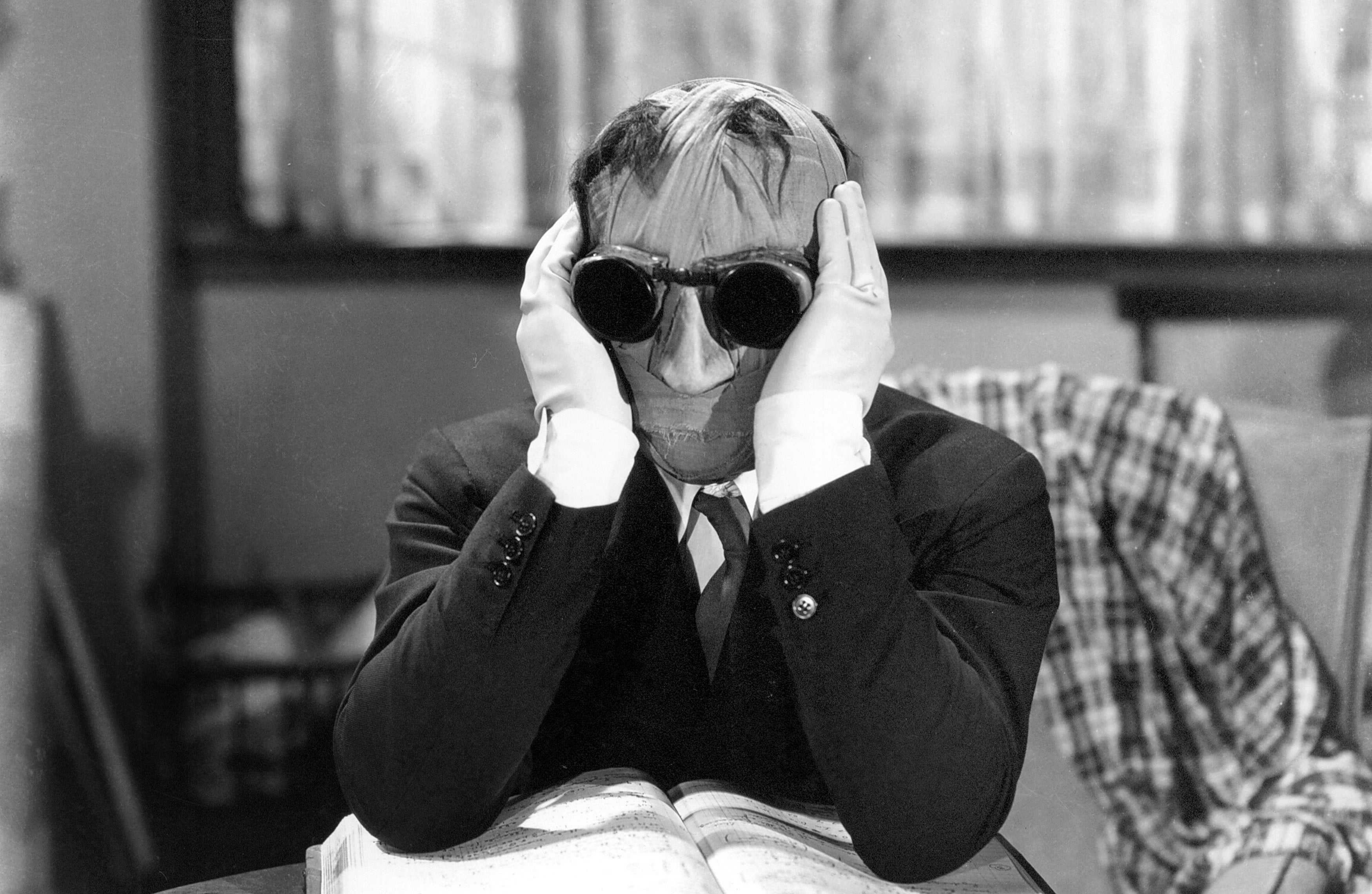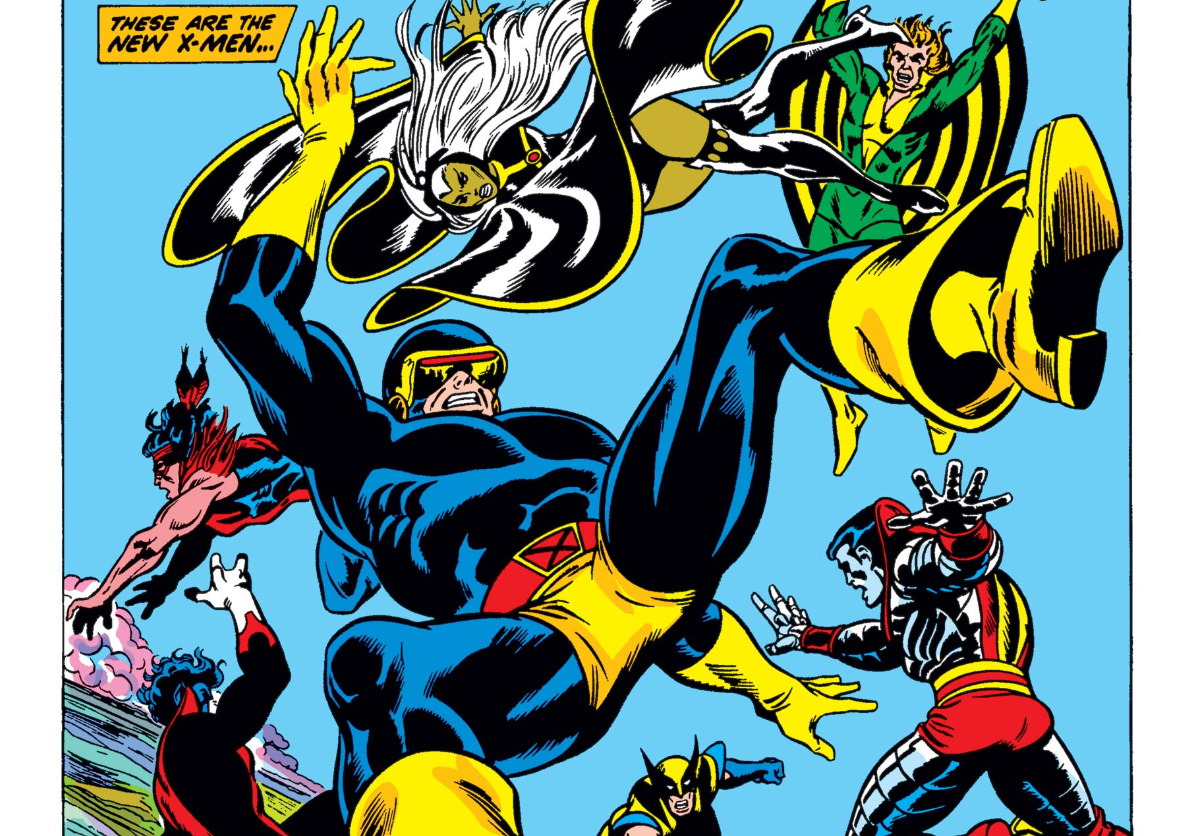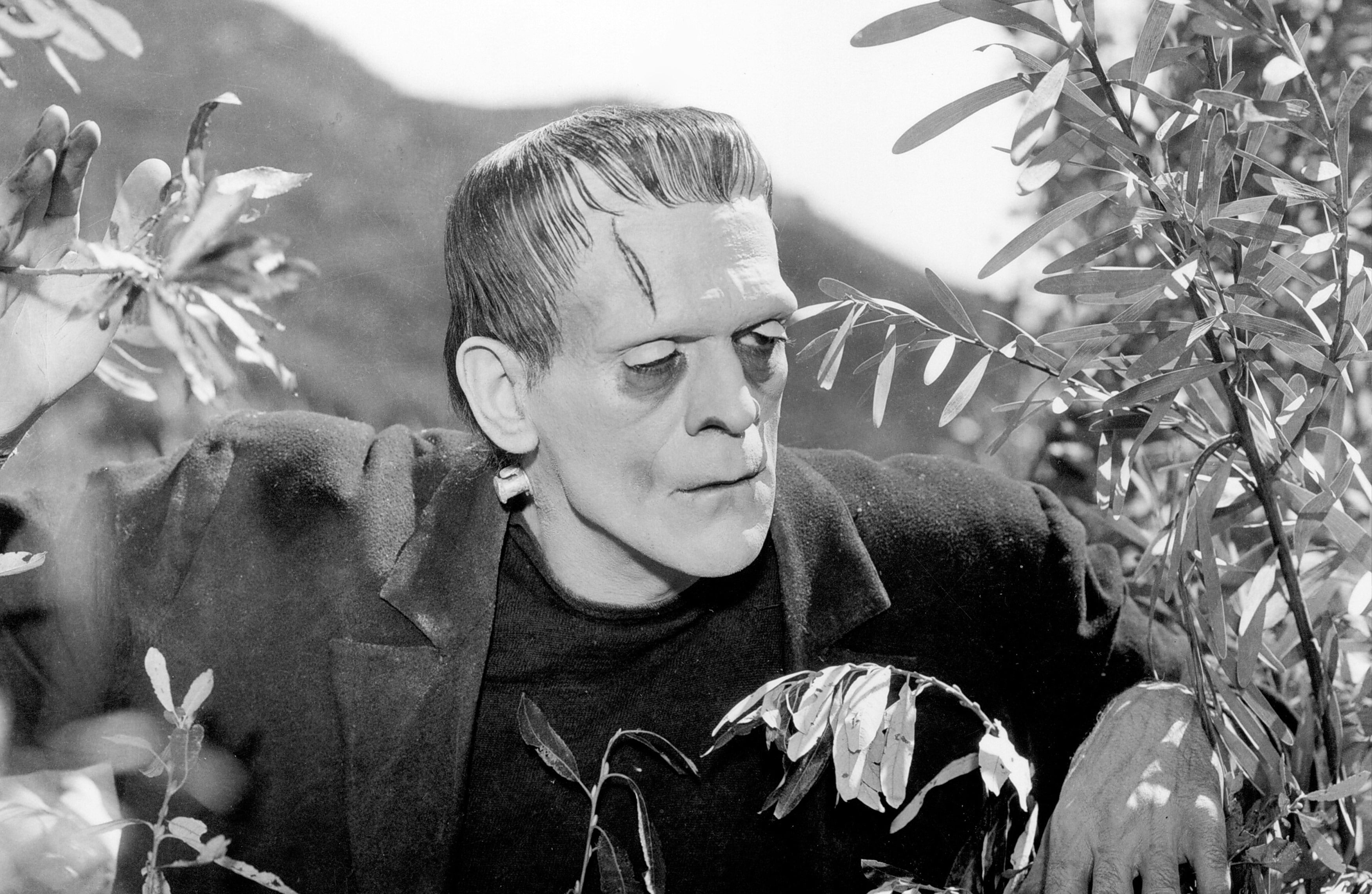The Intoxication of Anonymity, Mr. Hyde and the Invisible Man
Classically Trained

Introduction
One summer day this year was unseasonably cool, a chill filled the morning air. The false start of Fall brought excitement for colder weather and holiday fun. The Halloween bug had bit, and I searched for an outlet, which I discovered in the classic Universal monster movies. These 1930’s black and white flicks are largely based on literary monsters, and they inspired me to check out some of the classic novels on which they were based.
I was surprised at some of the similarities that stretched between these works, but honestly probably should not have been. From Frankenstein to the Wolf Man, these horror spectacles are concerned with questions about humanity, science, and ethics that are not particularly unique from one another. There is a strong sentiment about the dangers of pursuing the scientific unknown, and unintended consequences that fill many of these stories. Once I read Strange Case of Dr Jekyll and Mr Hyde and The Invisible Man though, there was more than enough crossover to spark a quick comparison. Simultaneously these stories have a lot to them, but also may come across as simple to many readers. I’m not even remotely touching on all they have to offer, and instead am focusing on the shared element of anonymity, which I feel has specific modern implications.
Who Are You When Nobody is Watching?
The story of a man who can create a serum that disfigures and transforms him beyond recognition, Strange Case of Dr. Jekyll and Mr. Hyde is a quick and gripping read. Centered around the investigation by an upstanding friend and lawyer of the titular scientist, it’s nearly impossible to come to the mystery without knowing the ending in the modern day. This impacts the reading experience, since it is hard to discern what the author expects the reader to know, and when. though prior knowledge of the main reveal allows for more time to be spent on the details and finer points of the narrative.
Knowing that the men are two sides of the same coin I was struck by the ambiguity of the effects of the transformation. Thorough explanations are not given until the end of the story, and even then there is both vagueness and perhaps the most unreliable narrator ever.
Jekyll describes Hyde as having “ape-like” strength, but it is not clear if he actually gains physical power, or if he just exerts himself more viciously. Hyde is said to be the vessel for Jekyll to release his unsavory desires, but there is no in depth dive into what those desires may be. Jekyll claims to barely remember or not remember his time as Hyde, but that doesn’t seem to be the case in reverse.
It’s obvious that the serum allows Jekyll to physically look like a completely different person, but beyond that it is interestingly cloudy on which actions and behaviors are spurned by the serum, and which are inherent to him as a person, or those that would arise in any individual who has access to face-to-face anonymity. The simple ability to act without consequences seems to be enough to bring out the worst, and subsequently break, a man.
In stark contrast, The Invisible Man is a novel that slowly walks the reader through every step of the affliction of being permanently unseen. Jekyll skips around, leaving gaps in logic and time that force the reader to speculate, but Griffin’s tale of becoming both invisible and mad is articulated in complete detail. Whereas Jekyll stumbles into his discovery and slowly develops a dependency, Griffin is intentional in his work and suffers only due to own carefully executed plans. The reader sees the power of invisibility go from limitless boon to terminal crippling crisis, and though there is some question to the man’s true former sanity, there are not nearly as many conclusions left up to the reader. The Invisible Man presents a scenario where, if applied to the other story, even if Dr. Jekyll was perfectly mentally sound, he could still be broken just by the intoxicating desire to act without consequences.
Escaping the Burden of Being Known
Stripped back, the crux of the two stories is what can and would a man do if he simply knows he can get away with it. In both cases, they initially find themselves elated and fulfilled in ways previously unknown to them. It dawns on both of them that even with the capability to get away with most anything, they cannot find fulfillment without identity.
Both stories are intricate and touch on numerous other themes, but the concept of living without being known is uniquely applicable in the modern world. Today, Griffin or Jekyll could easily log onto the social media site of their choice, and effortlessly adopt their desired second identity. While more limited than their supernatural experiments, the drawbacks and consequences of an unknown second internet life are less pronounced. In the state of their alter ego, the anonymous user easily sets into an uninhibited mindset, and begins to act and speak in ways they would never in their original self.
How often can one indulge in an alter ego before it inevitably becomes the primary? This is the exact situation that Jekyll faces, and it breaks him. Griffin’s n`ew persona becomes infamous, and knowledge of the invisible man fills the papers, but of course they have no clue who the mysterious person may be. There’s a sense that no matter how successful in their endeavors, they could not be happy with the result as long as they were confined to their anonymous egos.
Perhaps the true horror of anonymity is not the intoxication, as much as it is the chance of encountering those indulging in it. In The Invisible Man there is a personal, body horror based fear of losing one’s physical self. However, by the end of the novel there is no question that Griffin inflicts more fear and pain than he receives. It’s notable that neither Jekyll nor Griffin attempt to use their powers for any good, they do nothing but pursue their own whims, until they eventually lose sight of what they want, and who they are.
Citation Station
- The Invisible Man, 1897, H.G. Wells.
- Strange Case of Dr Jekyll and Mr Hyde, 1886, Robert Louis Stevenson.



